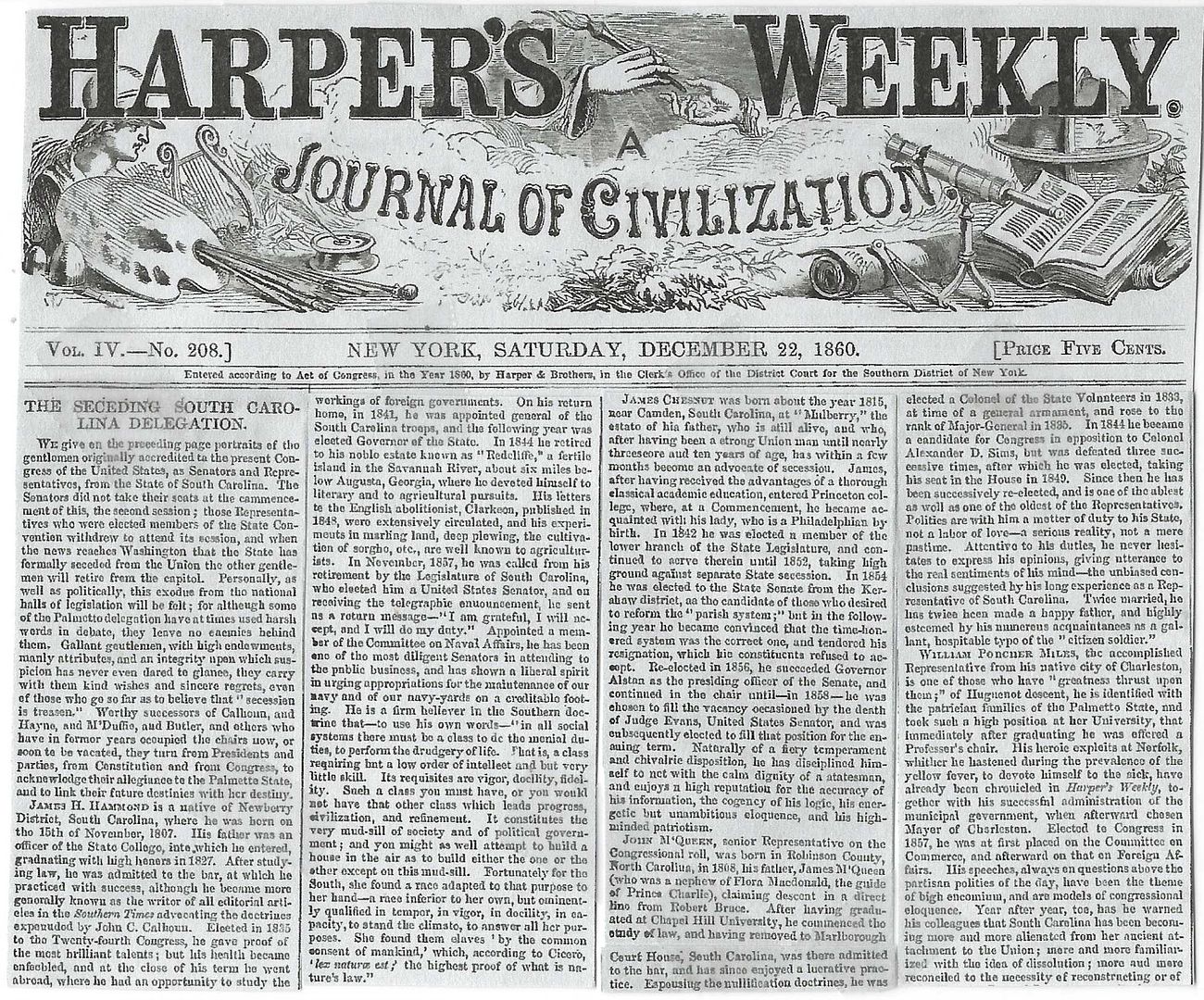
Posted on 12/22/2020 7:32:13 AM PST by Homer_J_Simpson

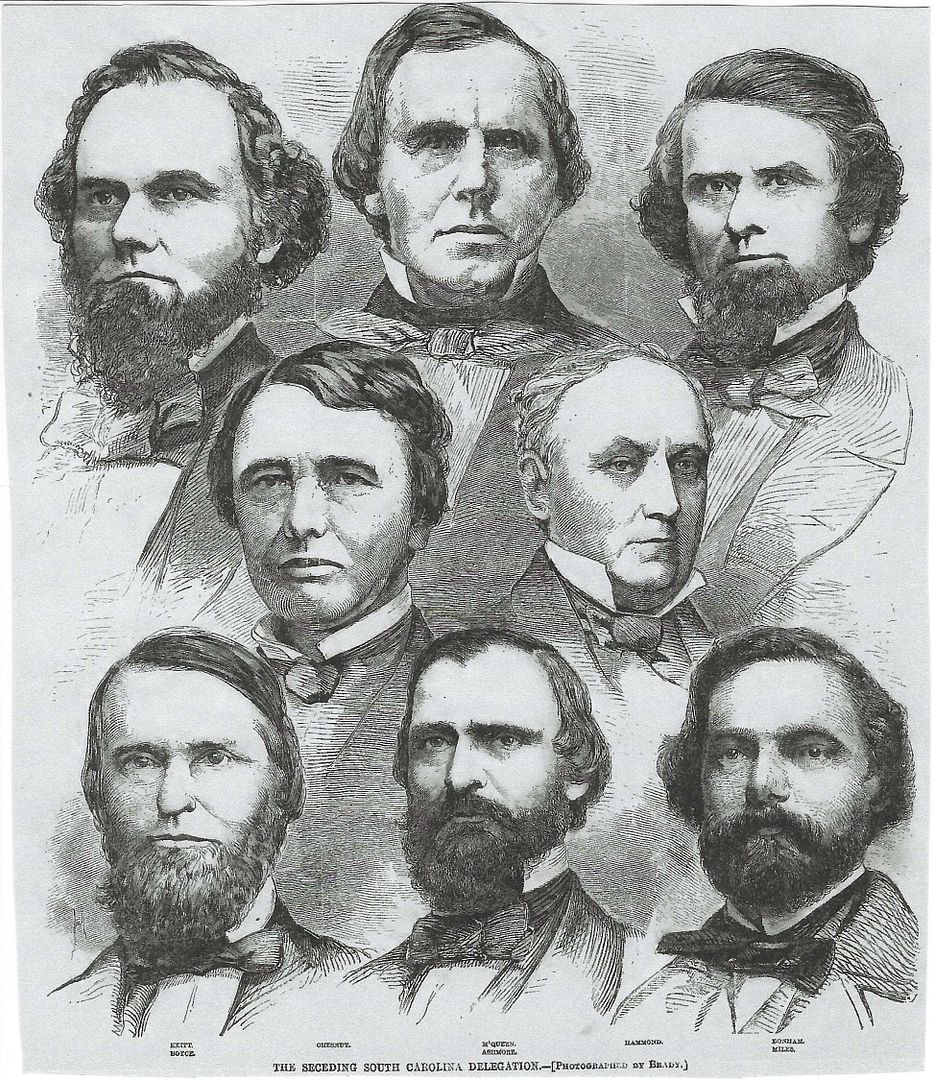
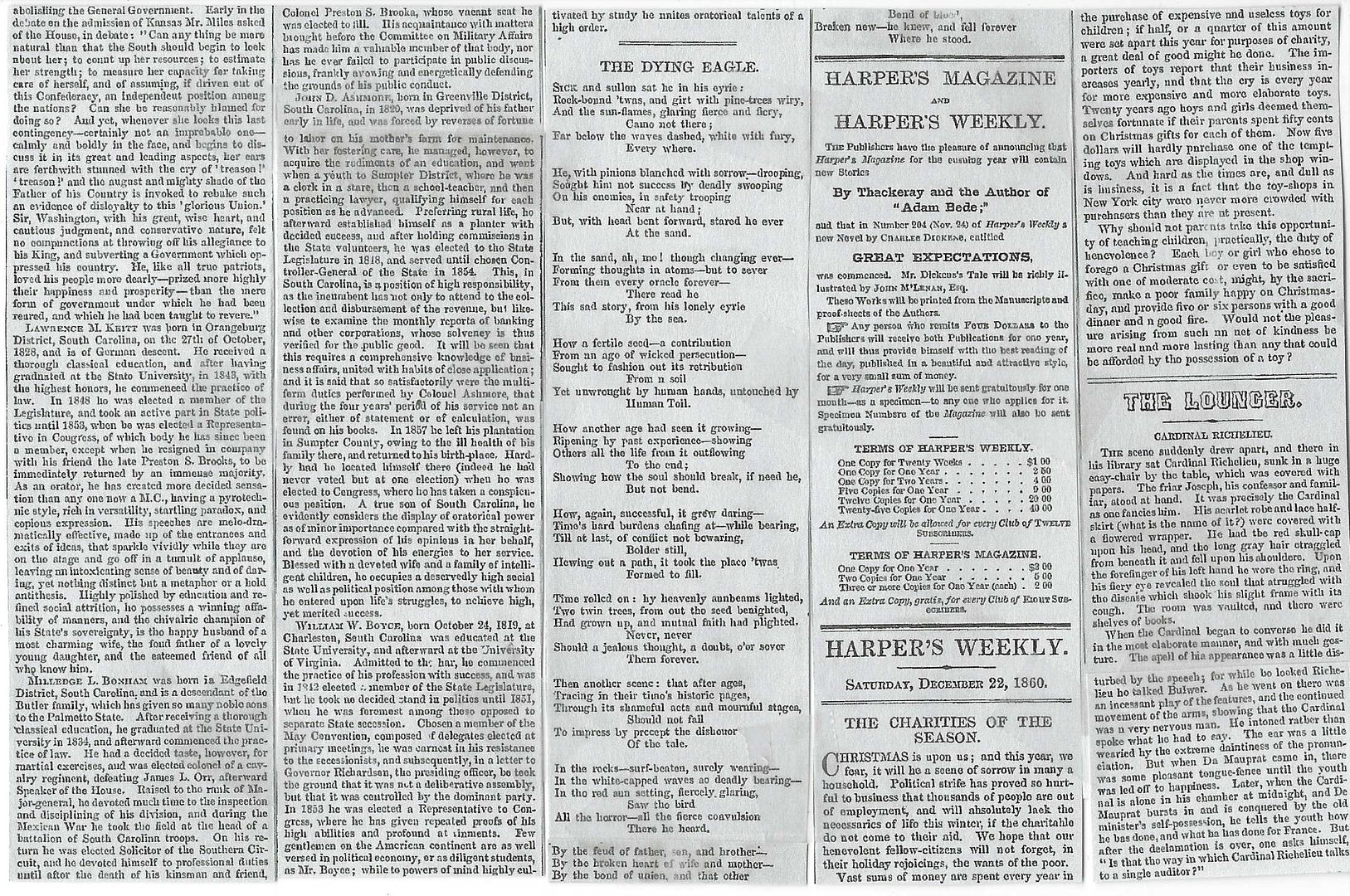
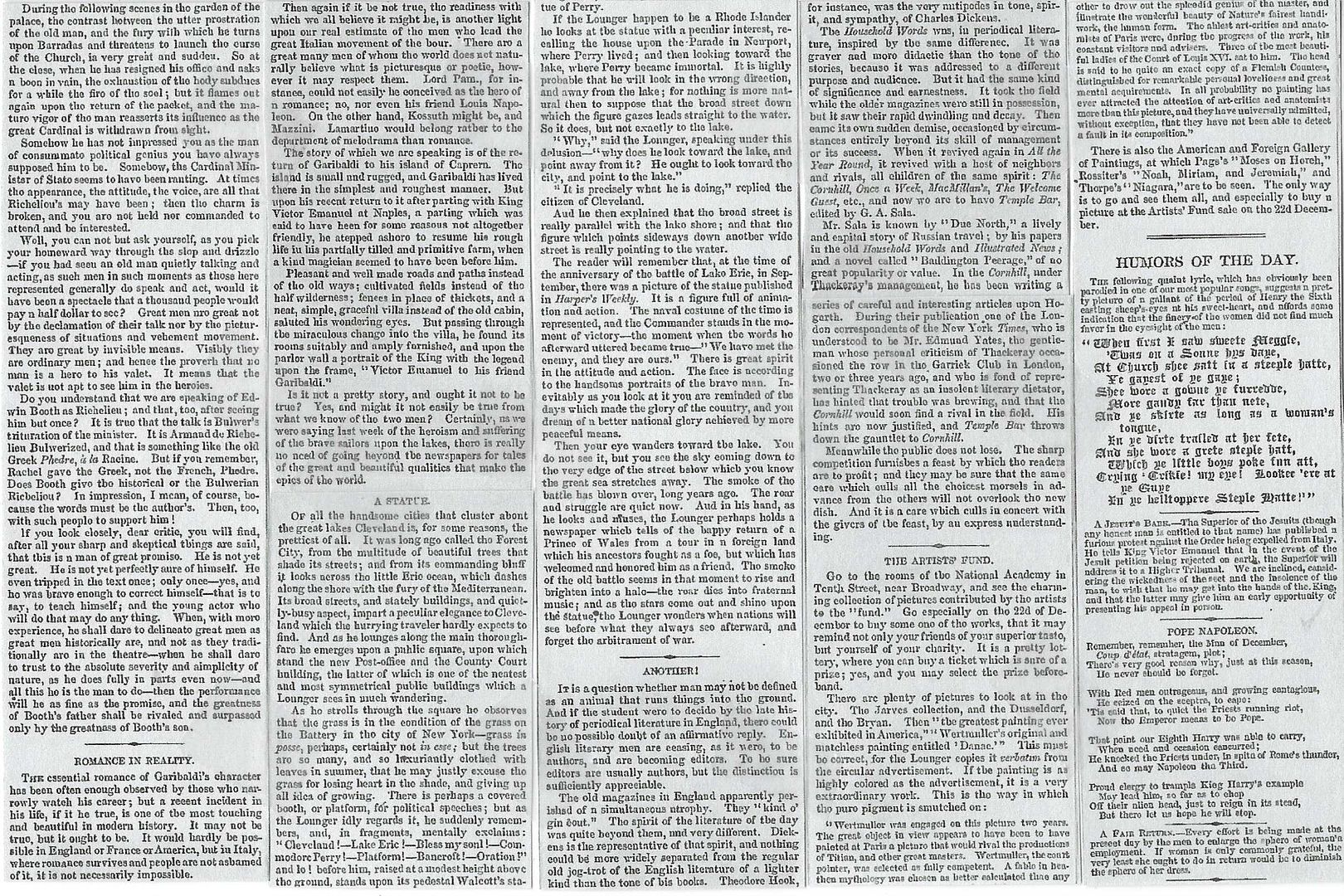
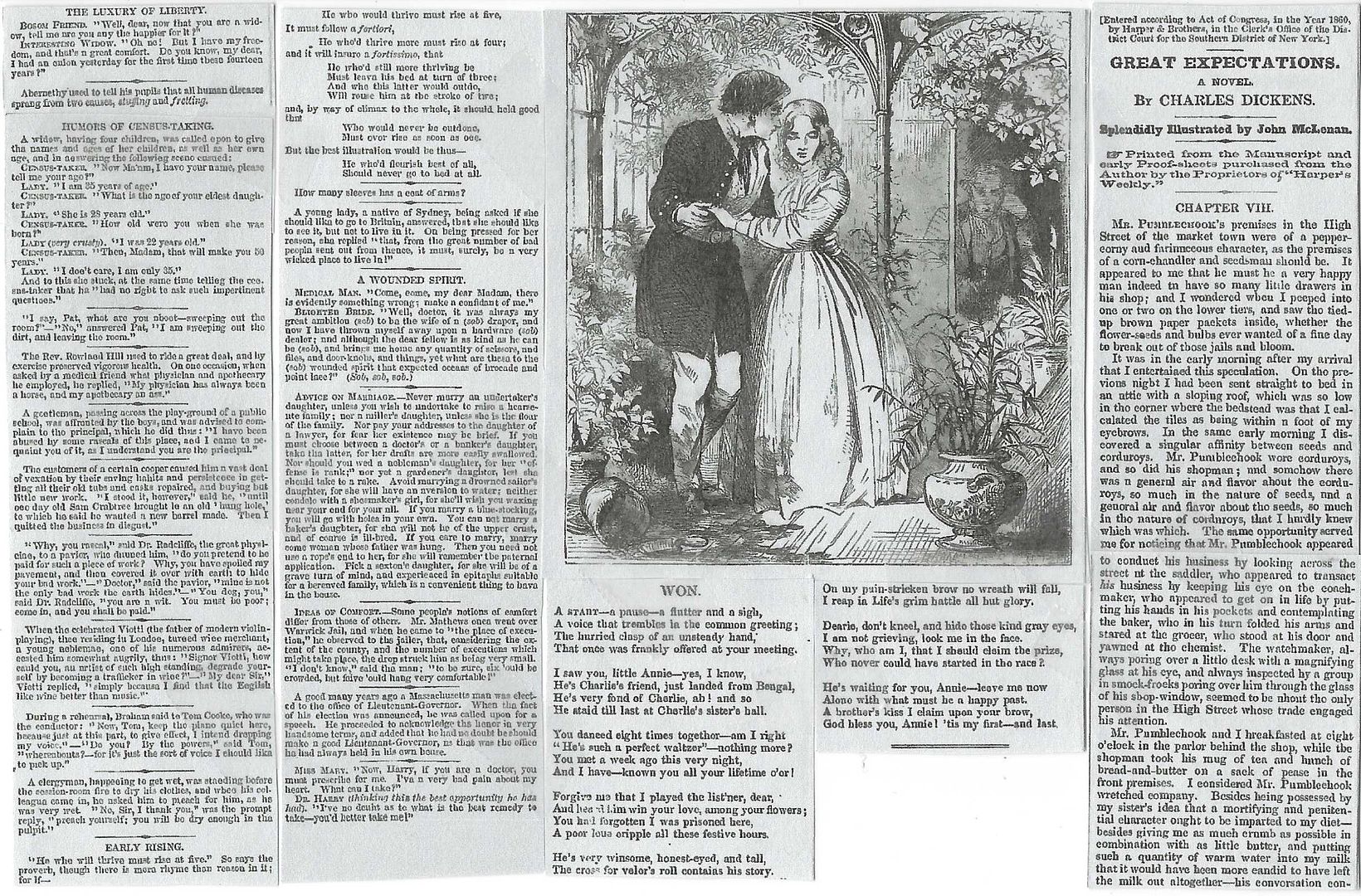
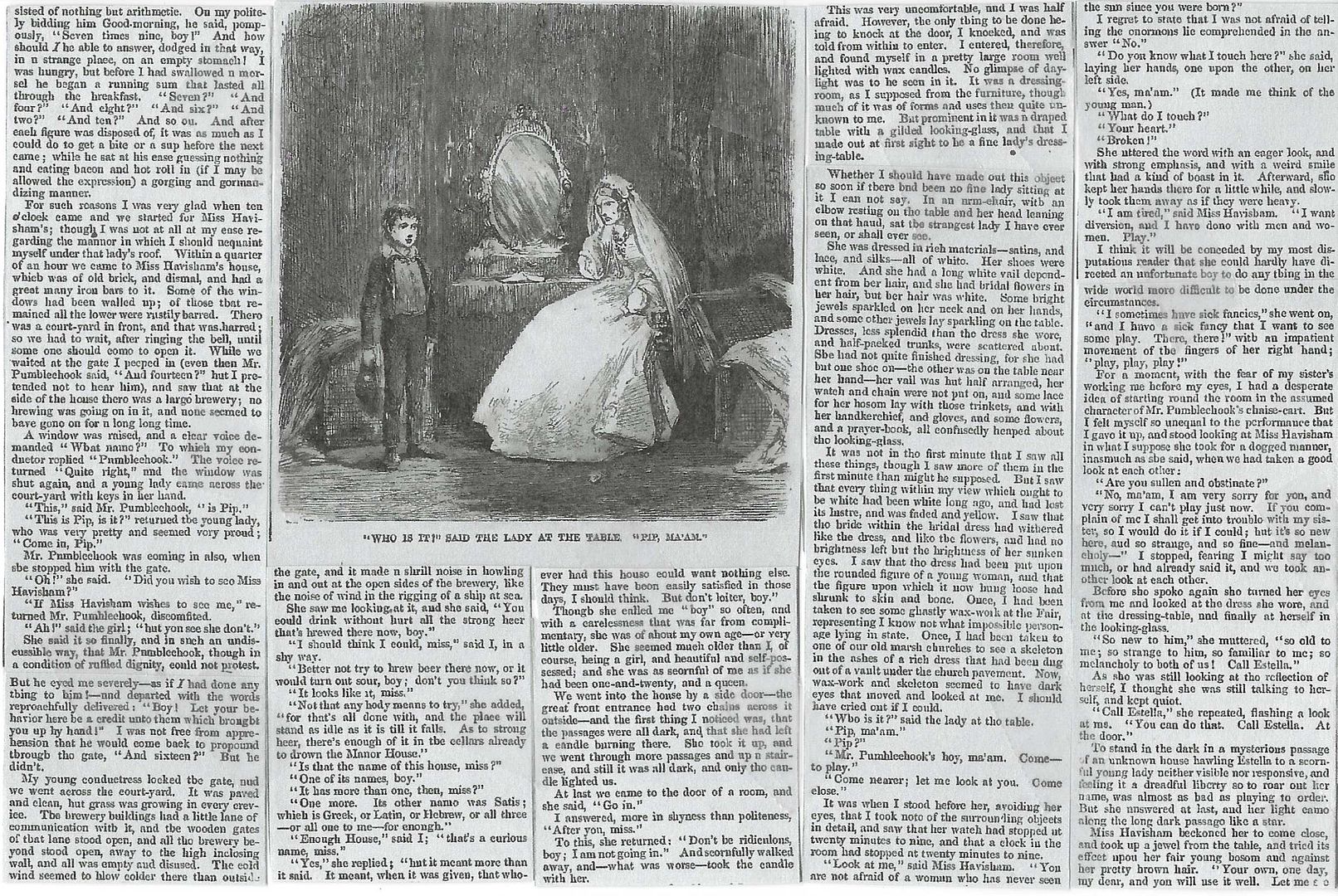
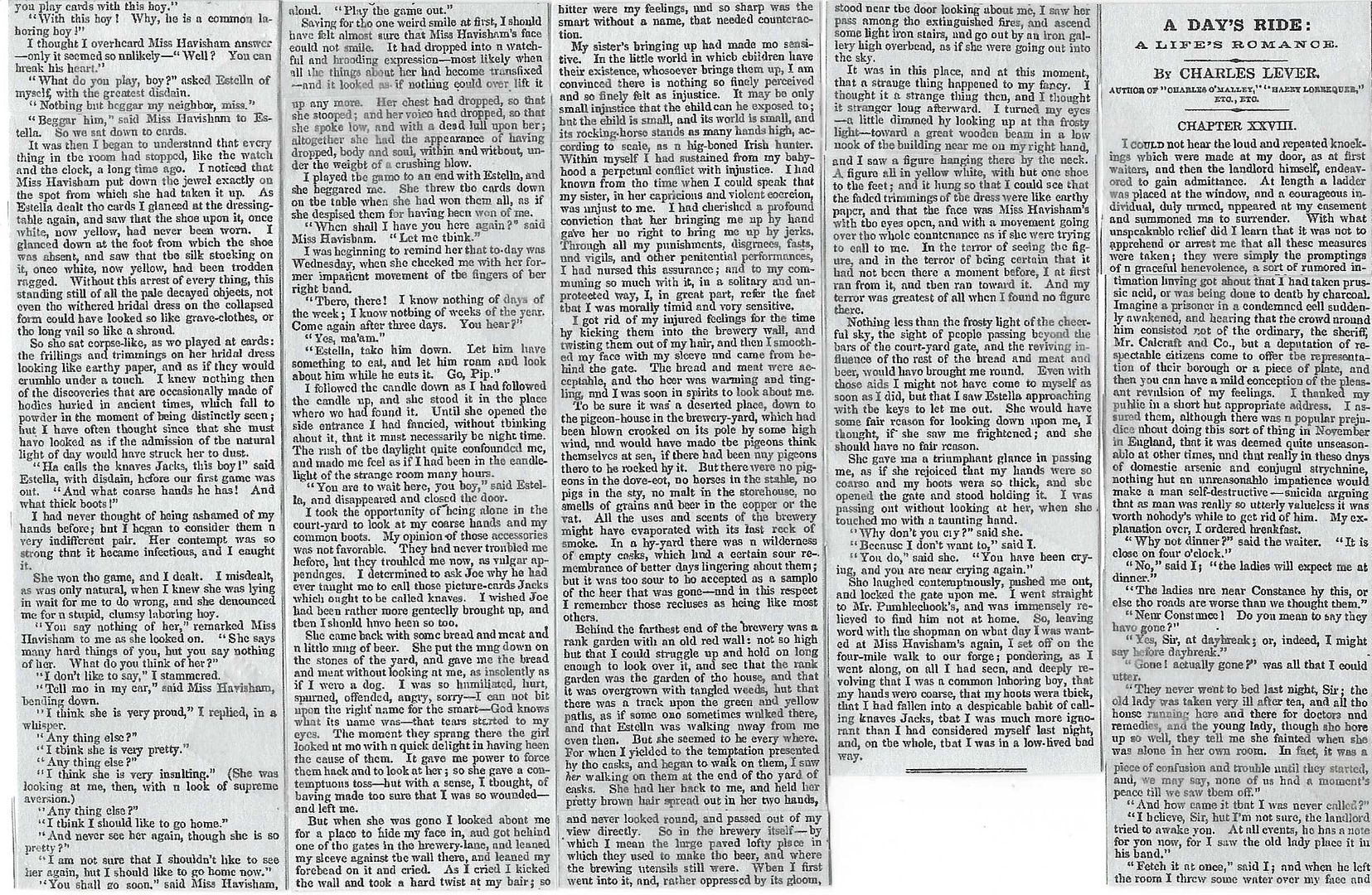
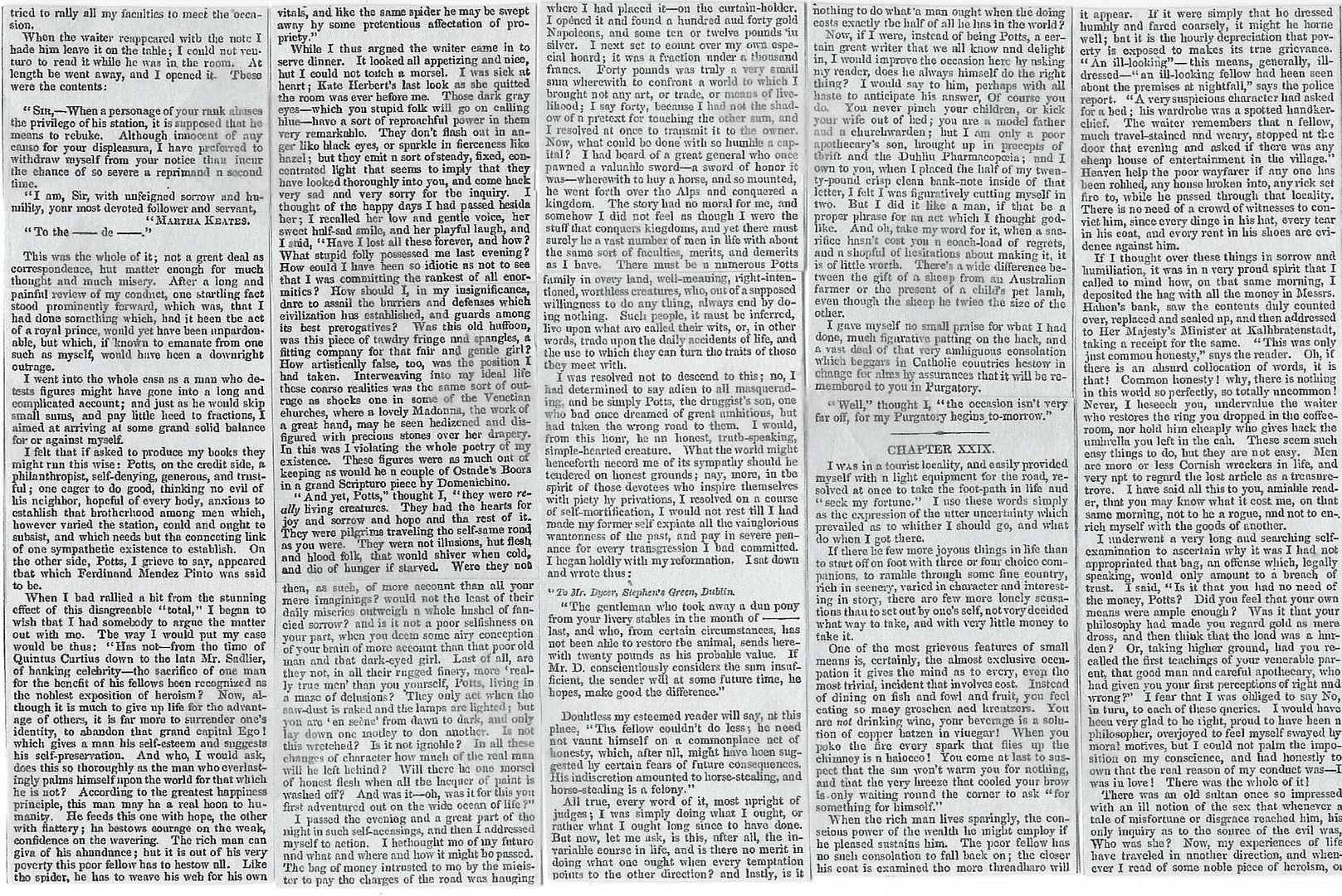
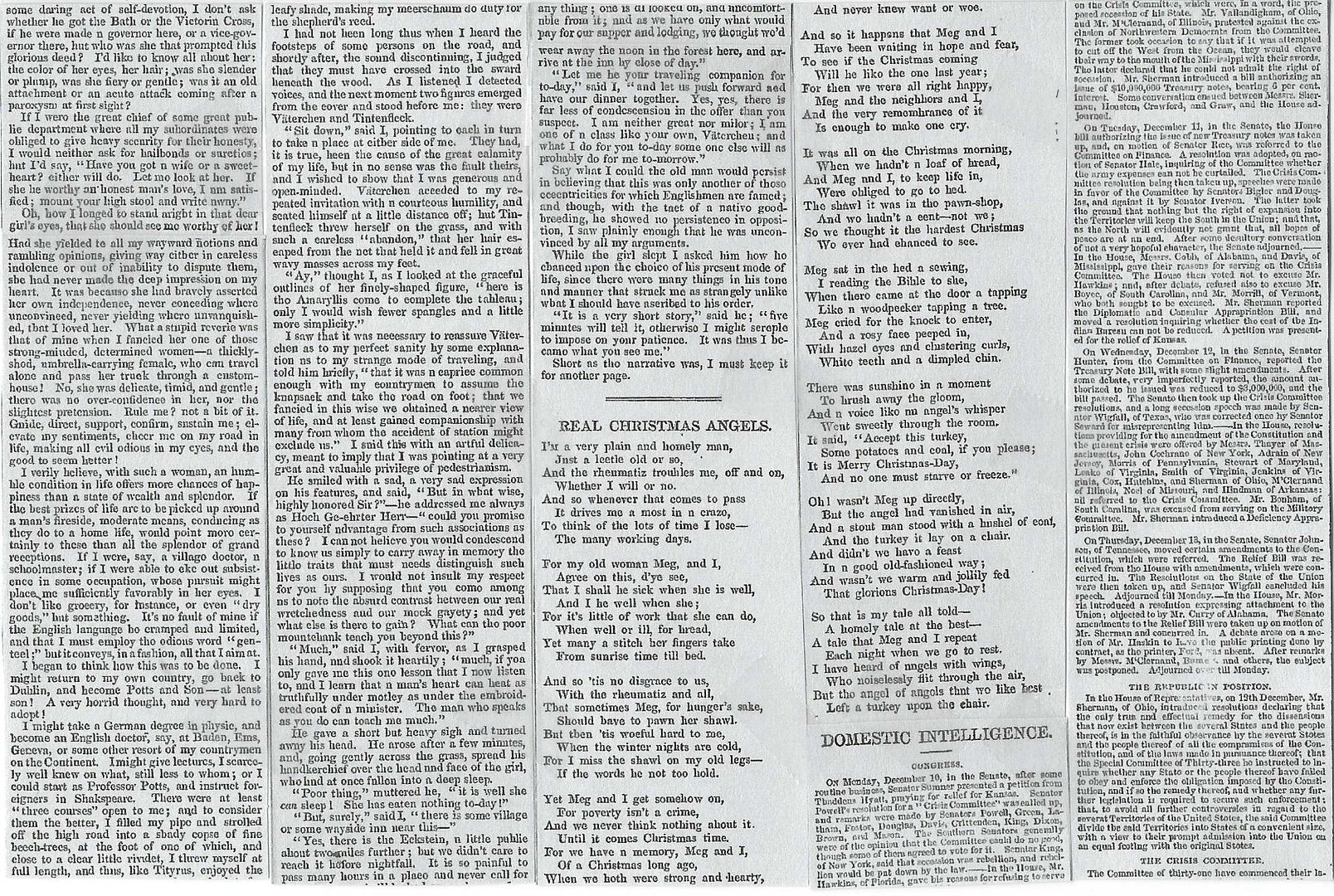
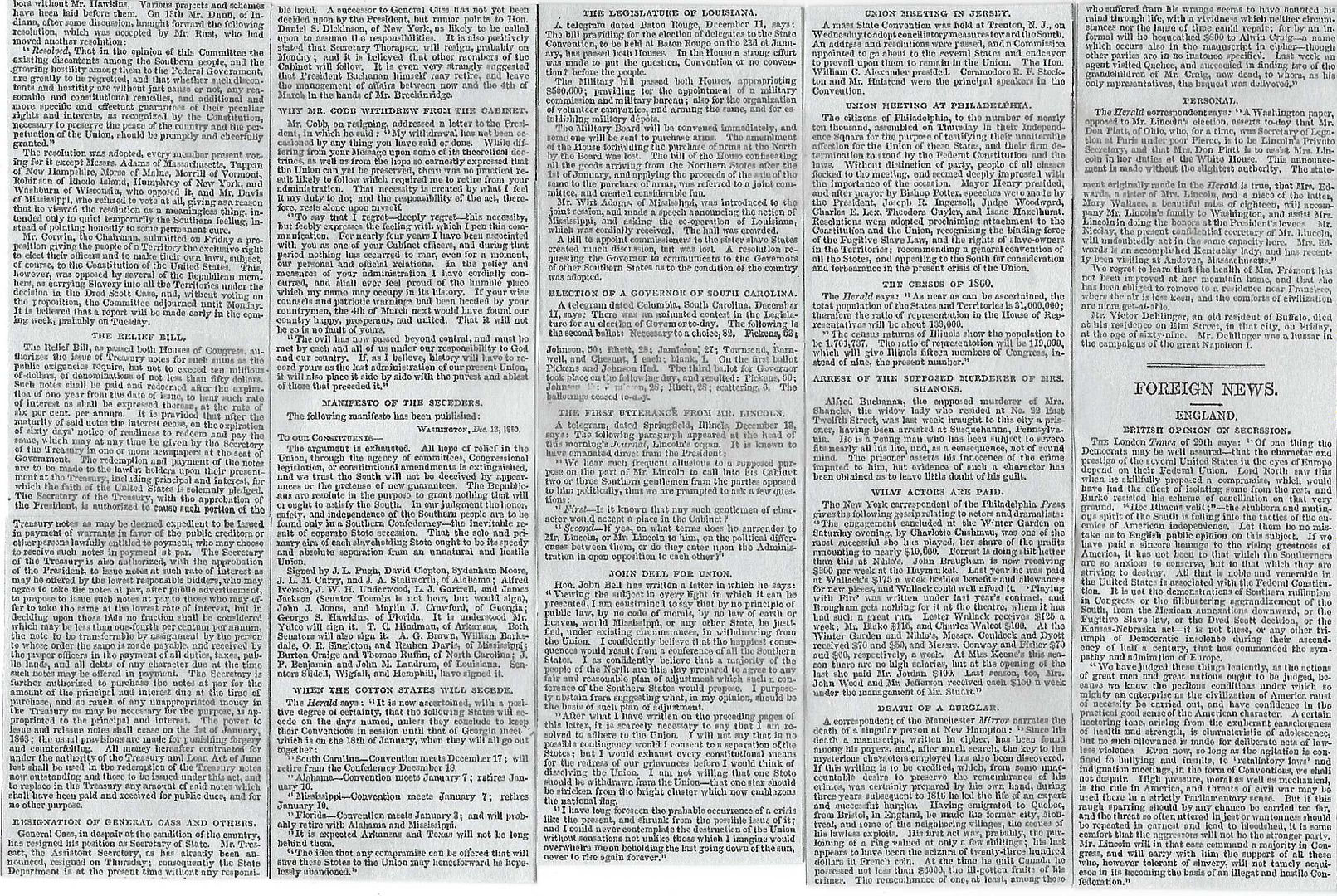
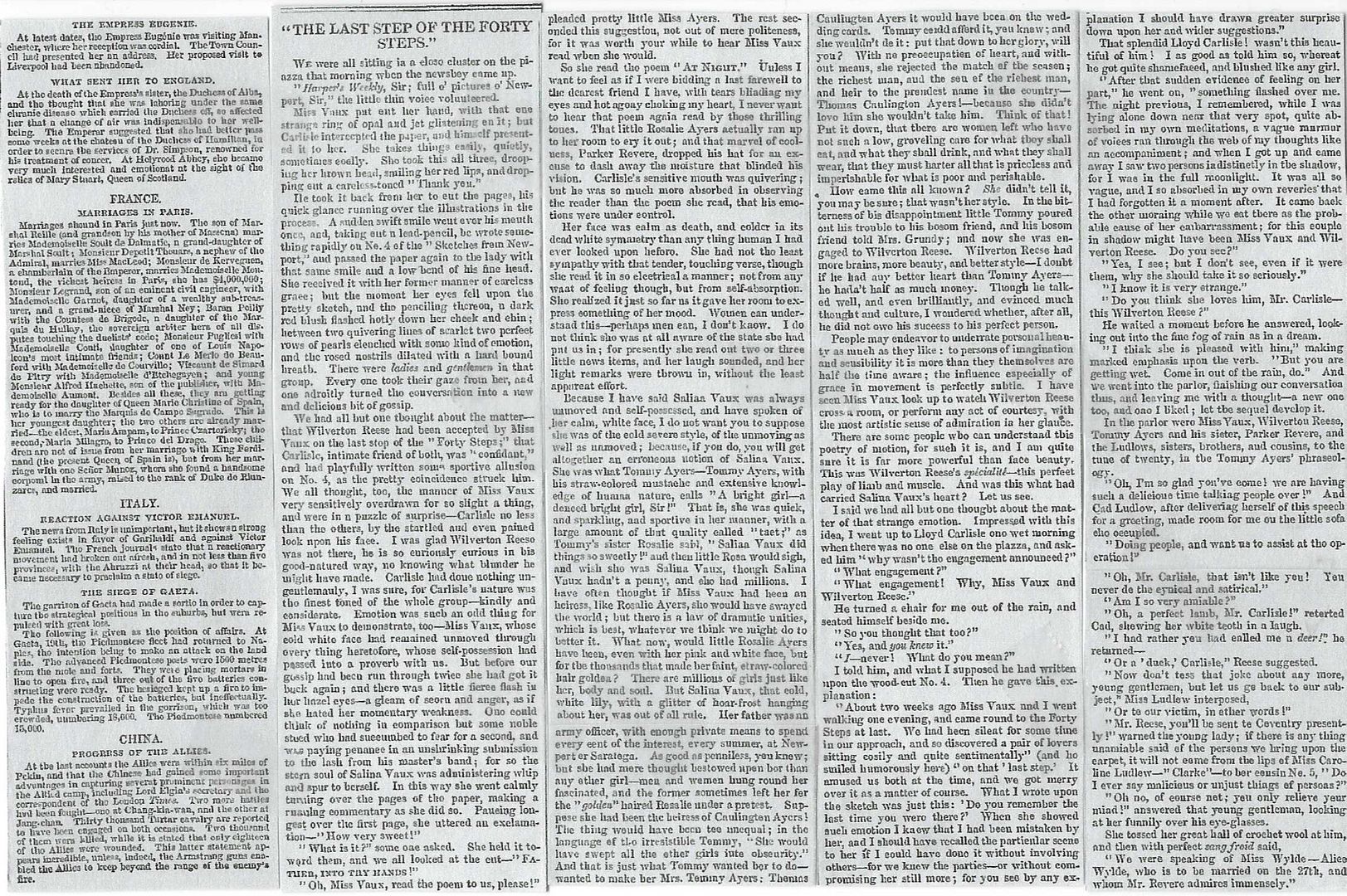
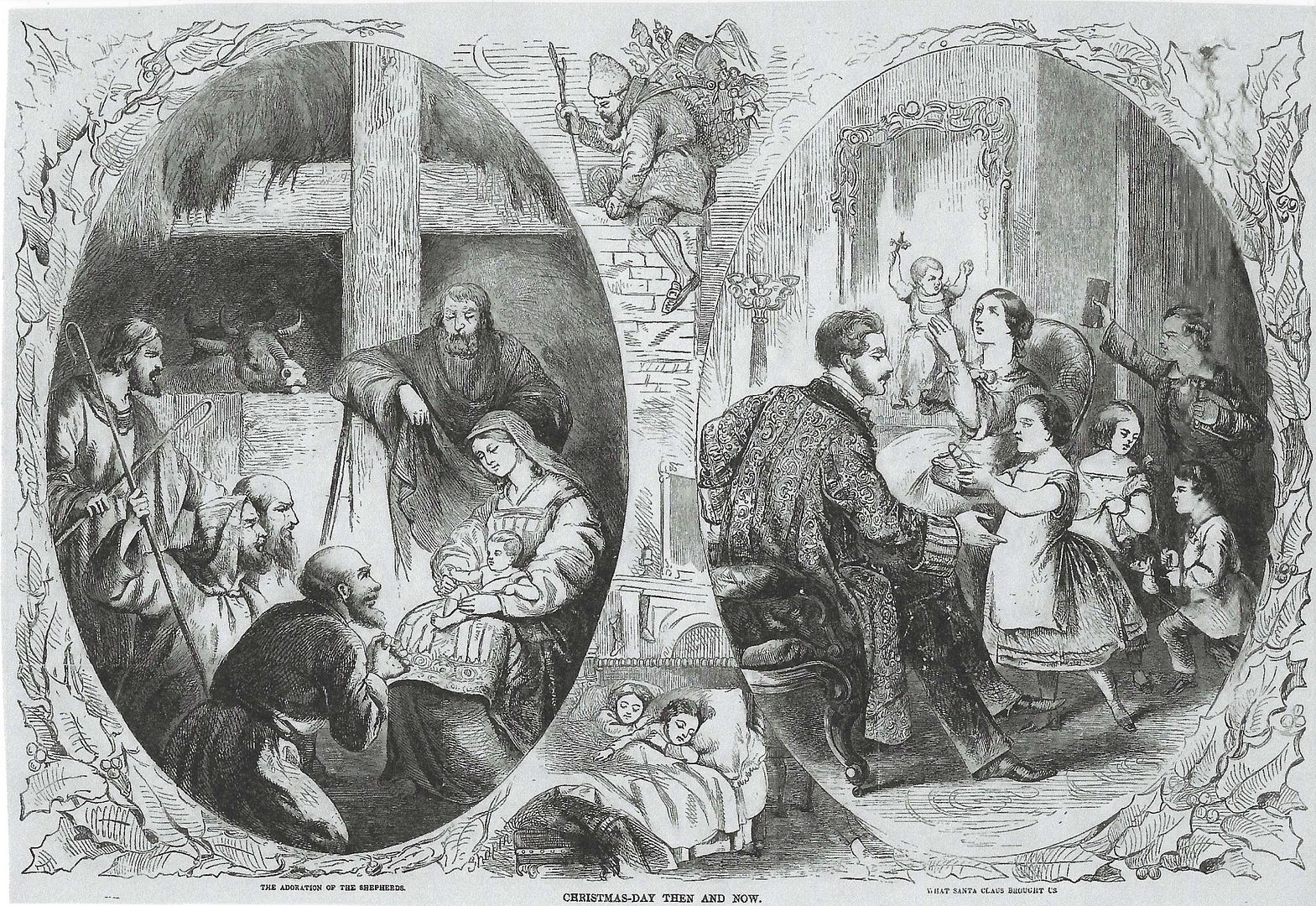
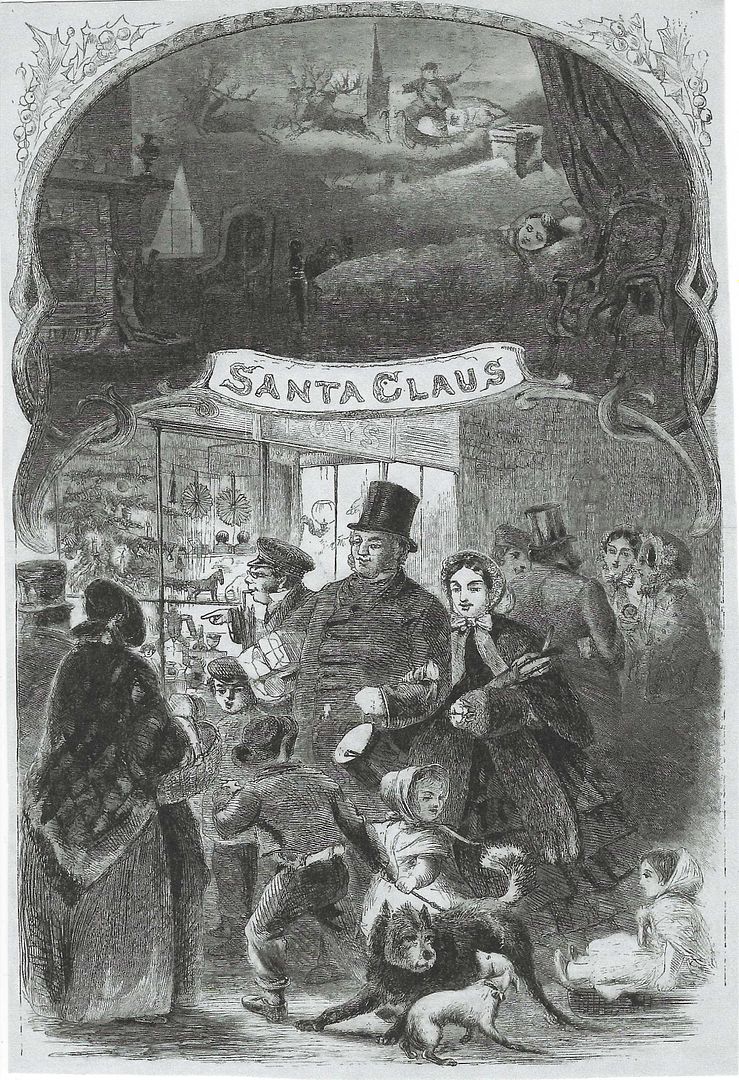
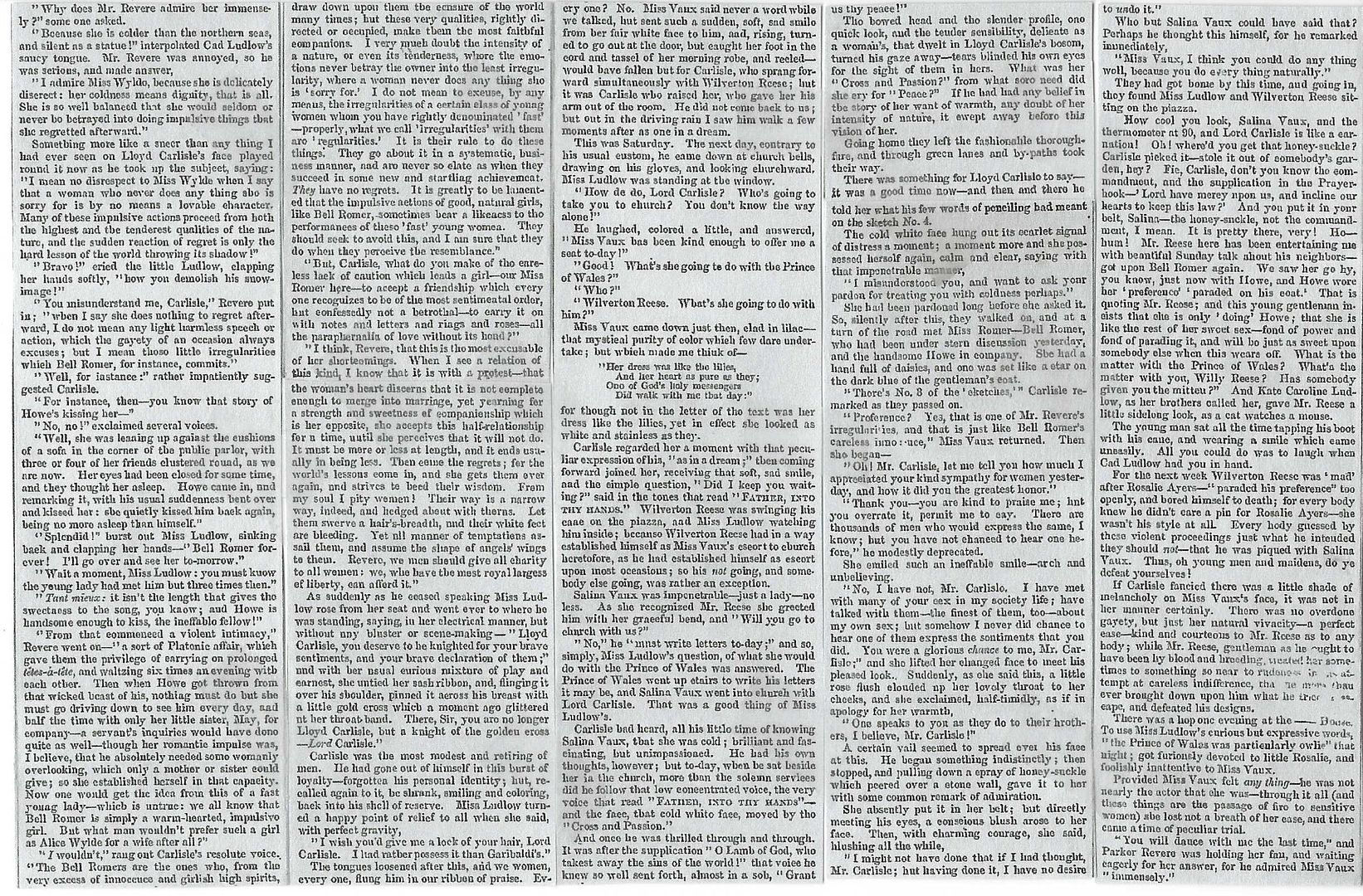
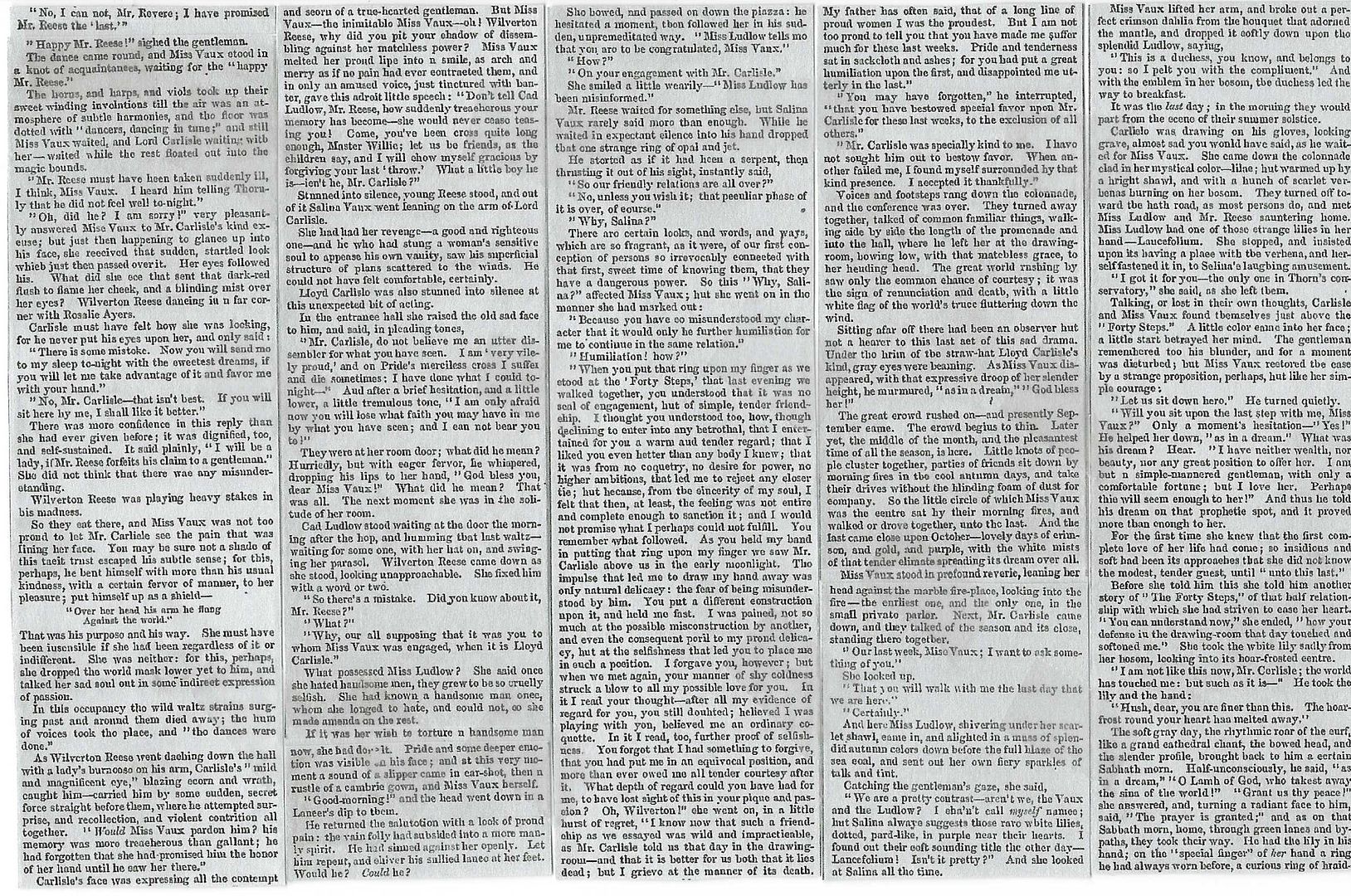
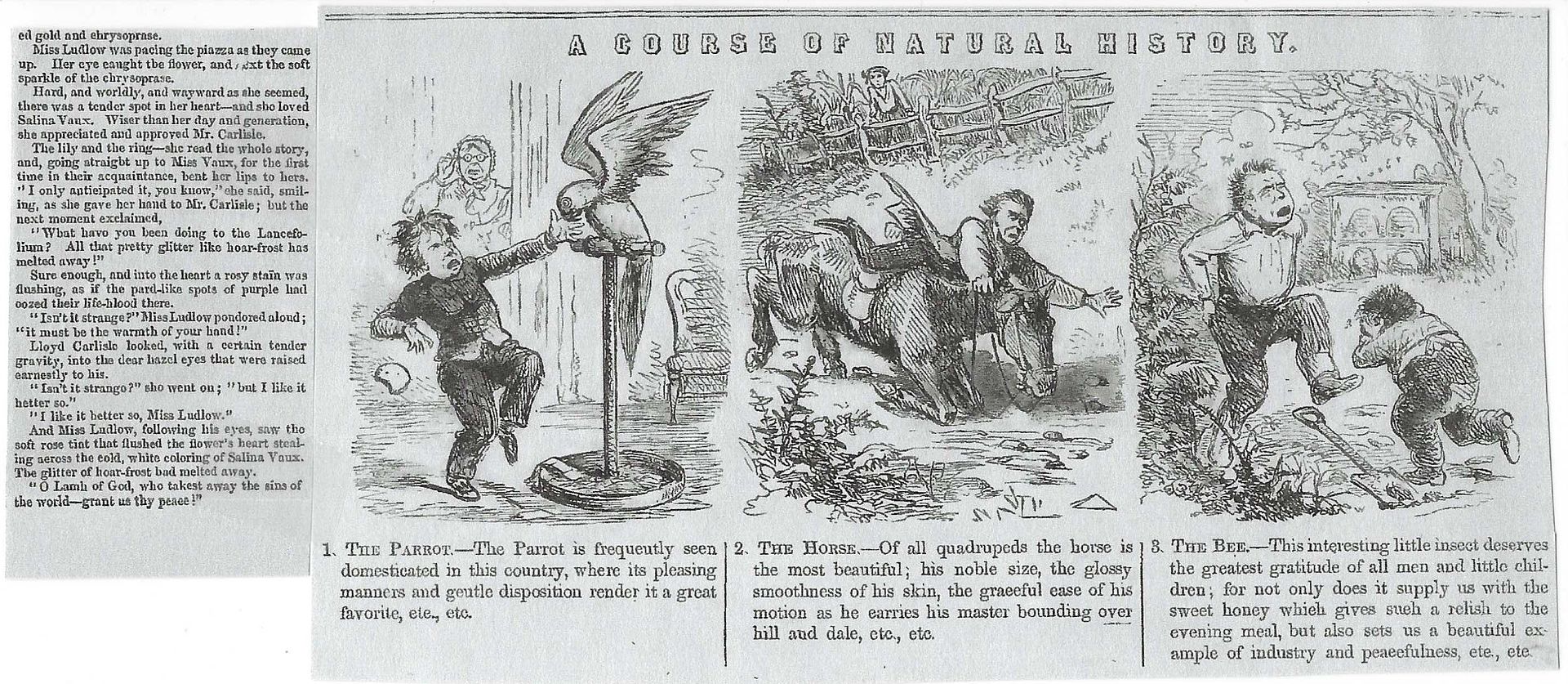
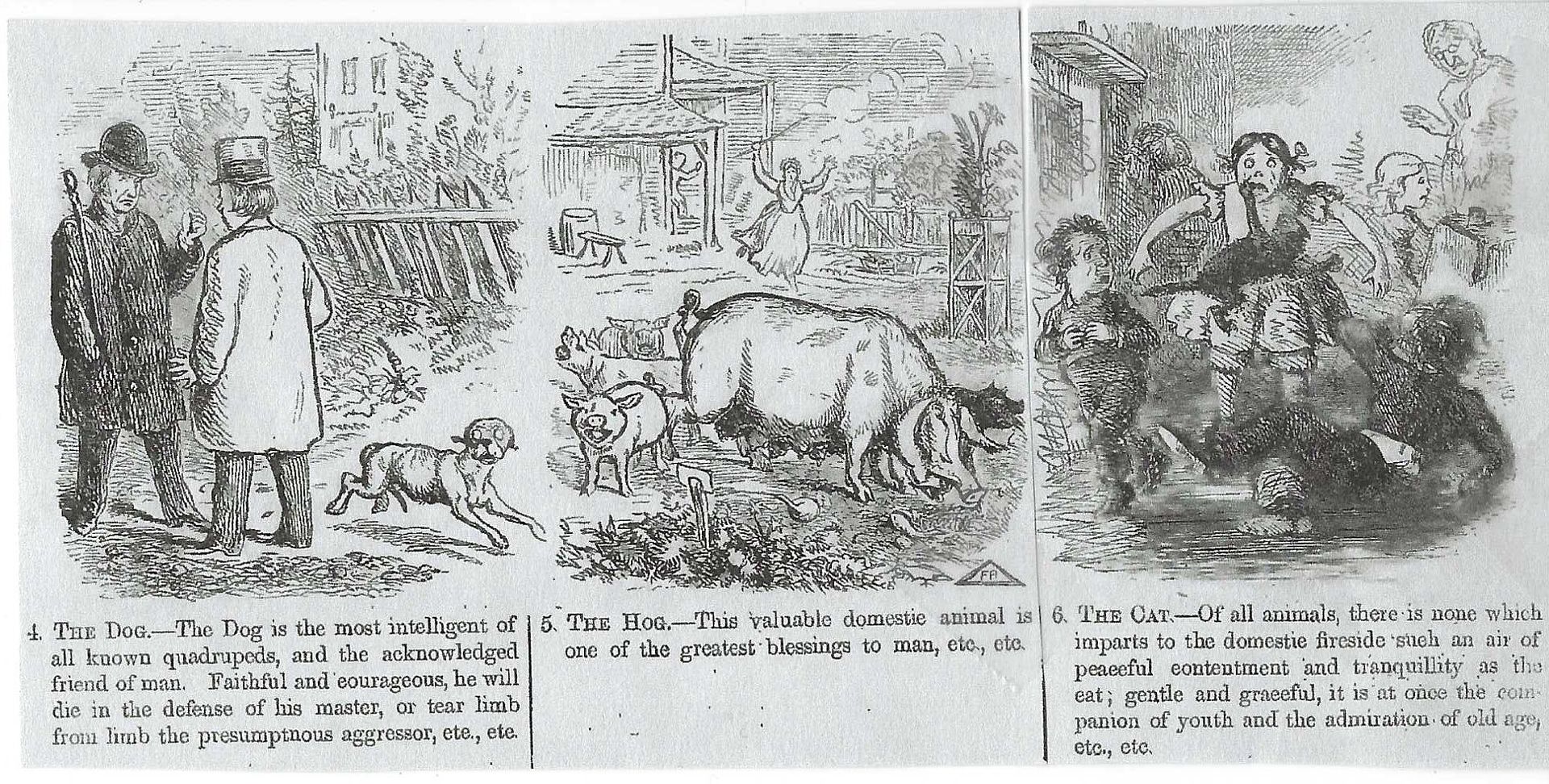
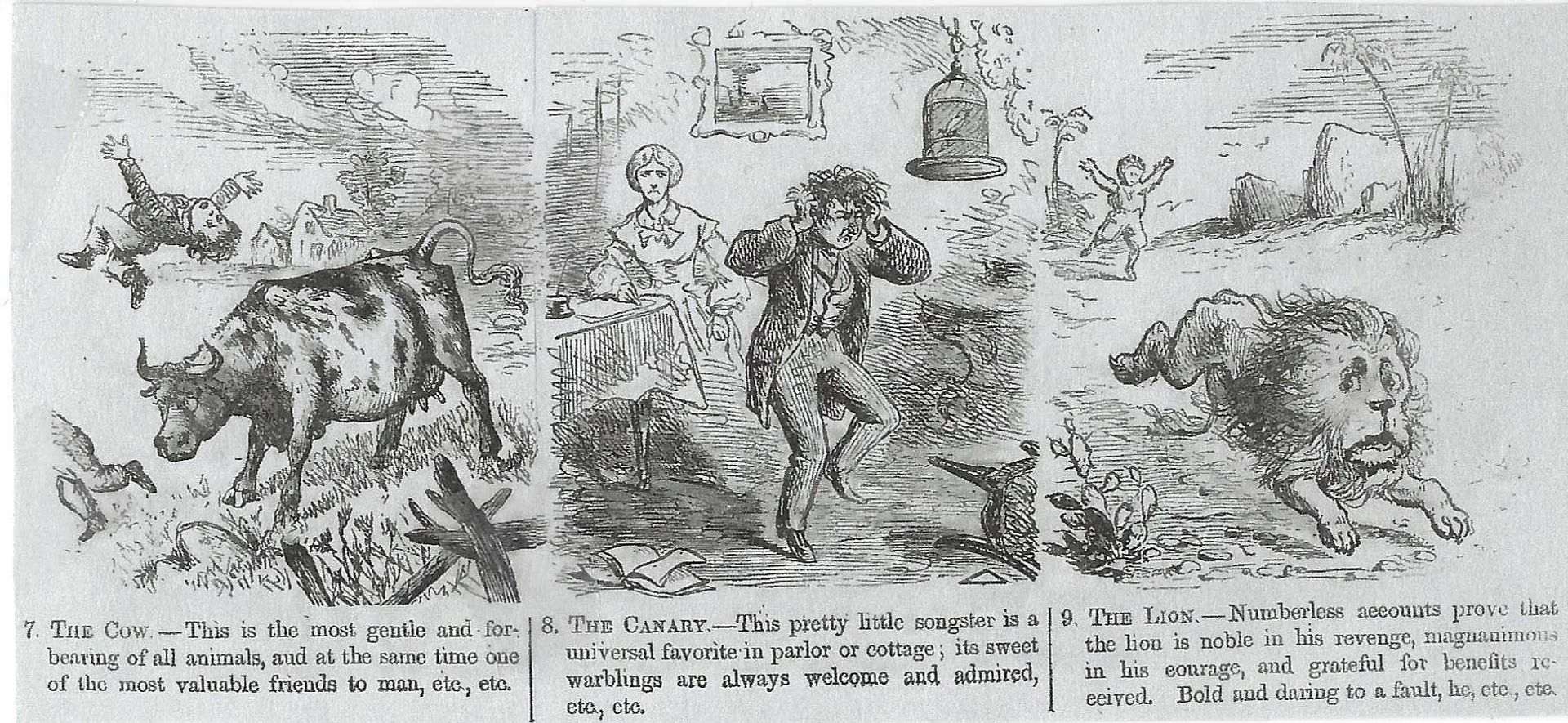
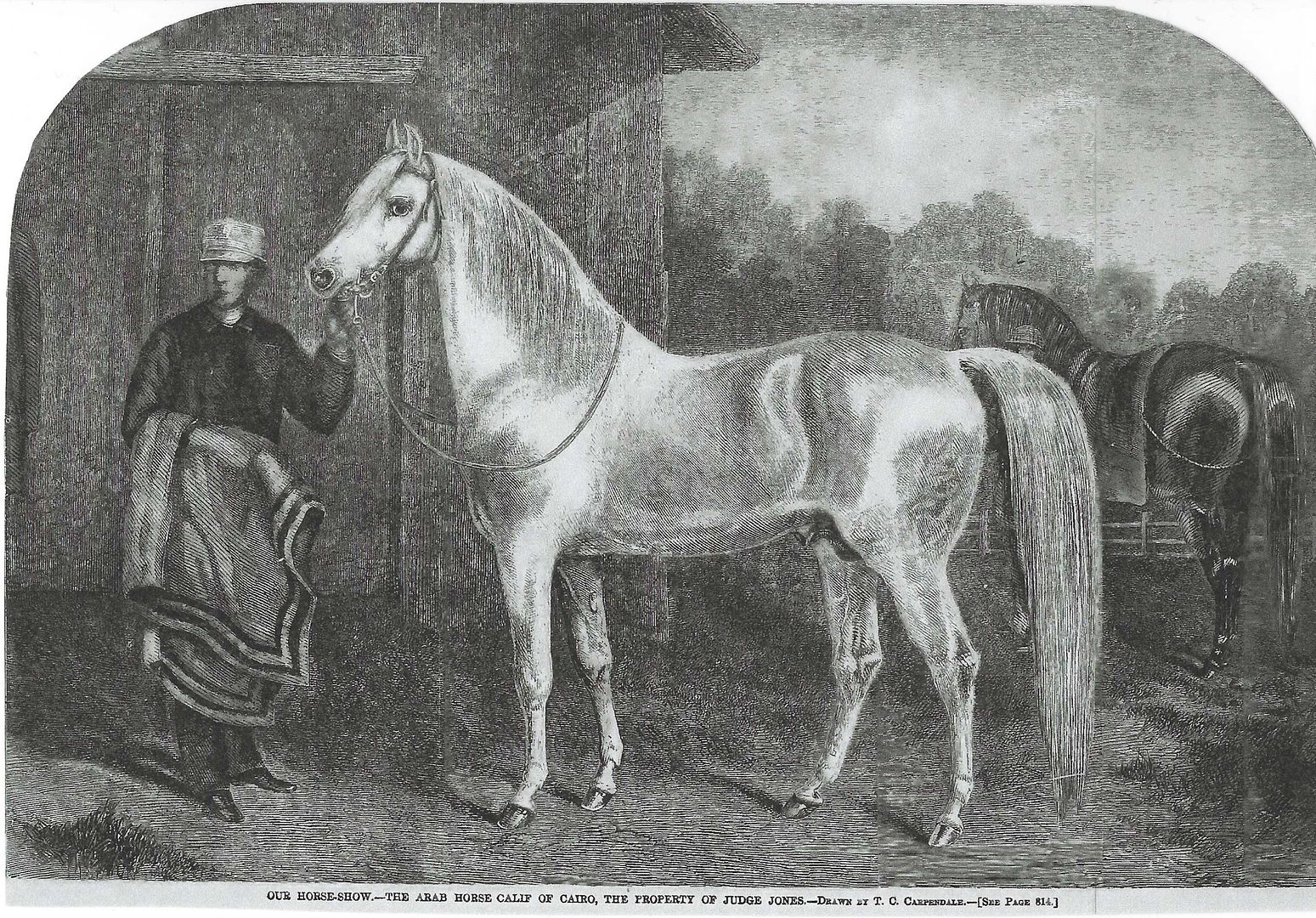
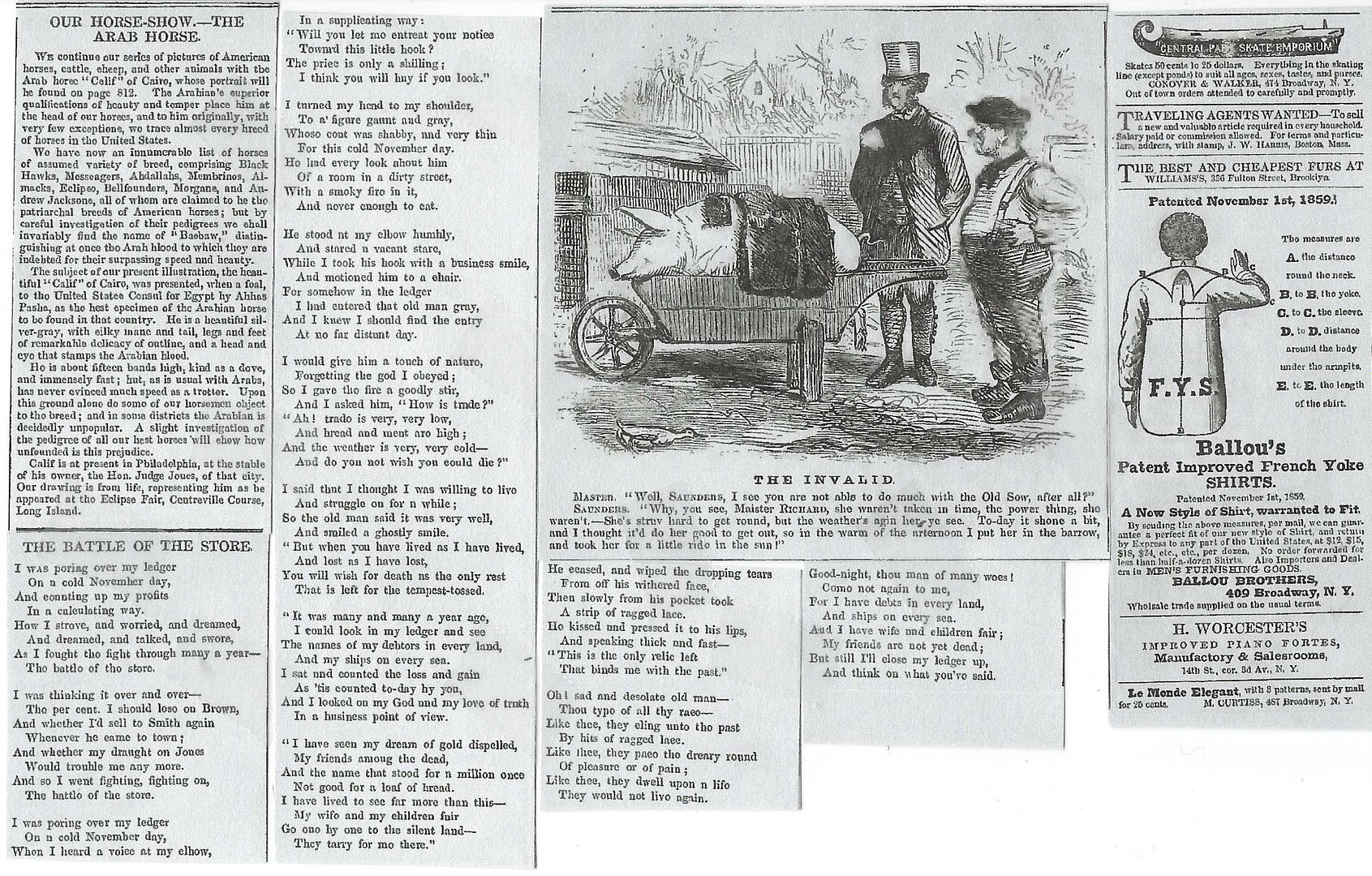
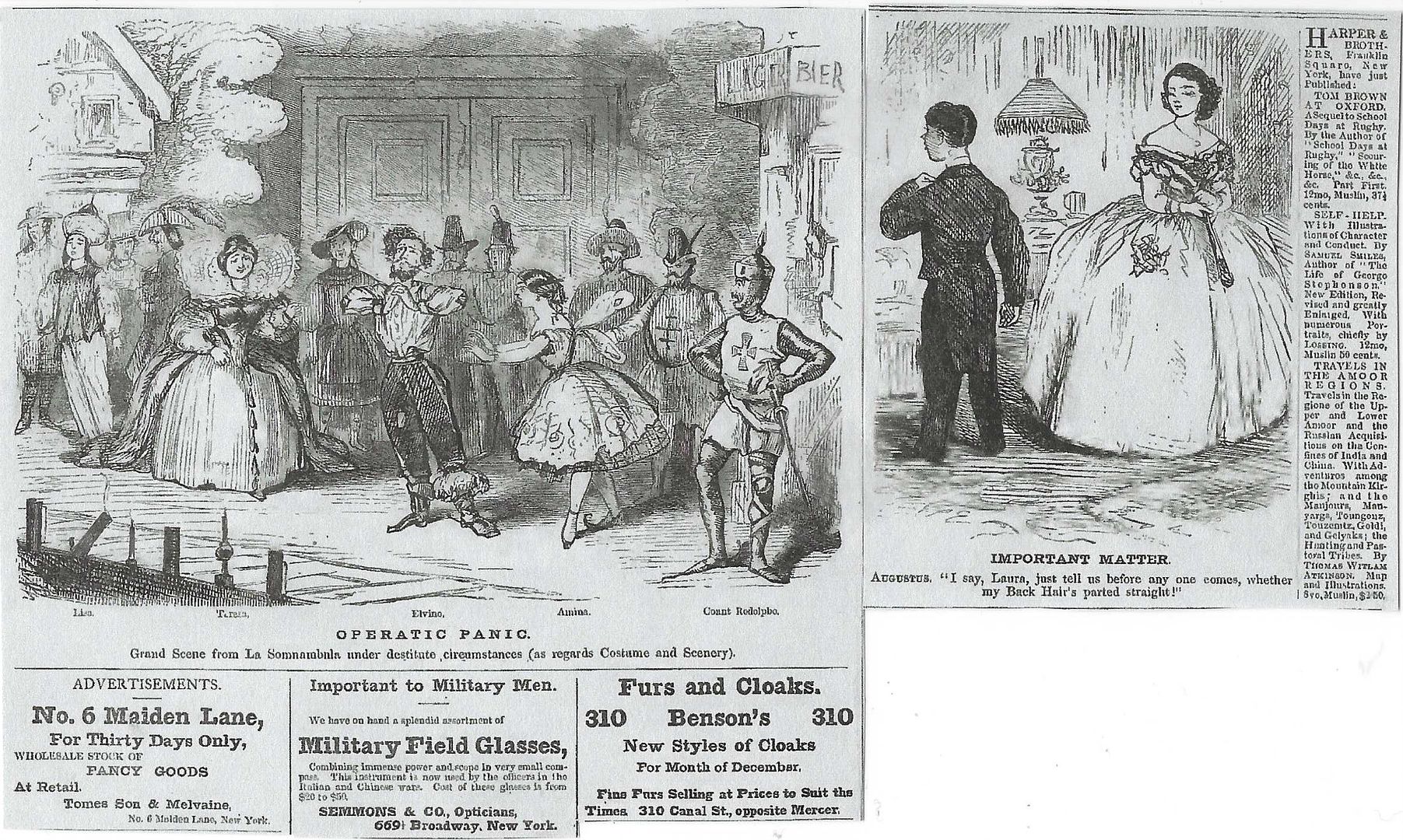
FORT SUMTER, SOUTH CAROLINA,
December 26, 1860.
8 P. M.
colonel:
I have the honor to report that I have just completed, by the blessing of God, the removal to this fort of all my garrison, except the surgeon, four non-commissioned officers and seven men. We have one year's supply of hospital stores and about four months' supply of provisions for my command. I left orders to have all the guns at Fort Moultrie spiked, and the carriages of the 32-pounders, which are old, destroyed. I have sent orders to Captain Foster, who remains at Fort Moultrie, to destroy all the ammunition which he cannot send over. The step which I have taken was, in my opinion, necessary to prevent the effusion of blood.
Colonel S. COOPER, Adjutant-General.
SOURCE: Samuel Wylie Crawford, The Genesis of the Civil War: The Story of Sumter, 1860-1861, p. 106-7
https://civilwarnotebook.blogspot.com/2015/03/major-robert-anderson-to-colonel-samuel_22.html
I am deeply penetrated by the kindness manifested by your note, received this morning.
After much hesitation and serious reflection, I resolved to accept the post to which in my absence I was called, in the hope of doing something to save this Government. I AM WILLING TO PERISH IF THEREBY THIS UNION MAY BE SAVED.
We are in God's hands and His almighty arm alone can save us from greater misery than has ever fallen upon a nation. I devoutly pray for His help; all men should pray for succor in this hour. No effort of mine shall be spared.
SOURCE: Frank Abial Flower, Edwin McMasters Stanton: The Autocrat of Rebellion, Emancipation, and Reconstruction, p. 85
https://civilwarnotebook.blogspot.com/2015/05/edwin-m-stanton-to-w-b-copeland.html
In fifteen minutes the small boats touched the esplanade in front of Fort Sumter. The soldiers put on their coats and picked up their muskets, formed ranks on the open wharf before the main gate, swung into column, and went tramping into Fort Sumter.
Inside the fort were more than 100 carpenters, bricklayers, stonecutters, and other construction workers, lounging about with the day's chores at an end. These without ceremony, were headed out to the esplanade and tumbled into the boats to return to Charleston before they were entirely clear as to whether the fort was being occupied by soldiers of the United States or soldiers of South Carolina.
Bruce Catton missed the following part. From "Days of Defiance" by Maury Klein, page 156:
A crowd of workers from the fort, some of them wearing blue secession cockades, rushed out to meet them. "What are these soldiers doing here?" shouted the more belligerent of them. Doubleday formed his men to advance with fixed bayonets, drove them back into the fort, and seized the guardroom that commanded the entrance. All cheers and other noise were silenced at once. ...
After the boats had unloaded their cargoes, they were filled with those workmen considered disloyal and sent back to the mainland.
Or from the book, "The Siege of Charleston, 1861-1865," E. Milby Burton, the Director of the Charleston Museum, as follows:
When the troops arrived at Fort Sumter, the laborers there were greatly excited. Most of them were Southern sympathizers, but since they were unarmed, they could offer no resistance and were quickly herded back into the fort. The gates were closed and sentinels posted. When the last man from Moultrie was on Sumter, the two guns were fired, signaling recall of the schooners waiting at Fort Johnson with the women, children, and supplies aboard. The captain of one of the schooners, realizing that he had been duped, put up a fight and had to be overcome by force.
Basically, Major Anderson's Union soldiers at Fort Johnson hijacked a South Carolina schooner, (actually more than one). Ships were forbidden by Charleston Harbor to go to Fort Sumter. The schooners had been hired to take the women, children, and about four months of supplies to Fort Johnson, which they did, but not to go to Fort Sumter.
There is confirmation of the schooner hijacking in the book "Allegiance, Fort Sumter, Charleston, and the Beginning of the Civil War," by David Detzer, page 119.
As the second wave [rustbucket: of soldiers going to Fort Sumter] disappeared within the deep shadow of Sumter, Crawford and Ordinance Sergeant Williams fired the signal guns that told Hall the coast was clear. The skipper of the rented schooners sensed what the signal meant and tried to prevent Hall from taking the boats to Sumter, but Hall and a sergeant shoved the captain into the hold and took off, arriving shortly after Seymour.
Detzer's book goes on to say that there were about 55 loyal workmen at Fort Sumter and about 100 others. The hundred others were loaded onto one of the schooners that Hall had brought from Fort Johnson. That ship was sailed around the harbor all night, landing back at Fort Sumter in the morning, and ultimately the hundred workmen were sent to town later in the day.
Bruce Catton, reply #23
Mary B. Chesnut #24
George Templeton Strong #25
And this batch of letters.
HEADQUARTERS,
CHARLESTON, December 27, 1860
TO COLONEL J. J. PETTIGREW,
Sir: You are ordered to take possession of Castle Pinckney. You are to act with the greatest discretion and prudence, and to let it be known that you take possession in the name of the Governor of South Carolina, and in consequence of the extraordinary orders executed last night in relation to Fort Moultrie, and with a view at present to prevent further destruction of public property, and as a measure of safety also.
(Signed)
F. W. PICKENS.
SOURCE: Samuel Wylie Crawford, The Genesis of the Civil War: The Story of Sumter, 1860-1861, p. 113
https://civilwarnotebook.blogspot.com/2015/03/headquarters-charleston-december-27.html
FORT SUMTER, Charleston, S. C, December 27, 1860.
My dear Sir: I have only time to say that the movement of my command to this place was made on my own responsibility and not in obedience to orders from Washington. I did it because in my opinion it was the best way of preventing the shedding of blood. God grant that the existing condition of affairs may be adjusted without any resort to force.
ROBERT ANDERSON.
The Hon. ROBERT N. GOURDIN.
SOURCE: Samuel Wylie Crawford, The Genesis of the Civil War: The Story of Sumter, 1860-1861, p. 128
https://civilwarnotebook.blogspot.com/2015/05/major-robert-anderson-to-robert-n.html
NEW YORK, December 27, 1860.
. . . I am very unhappy. My son Oscar is so imbued with all that I hold worst in South Carolina, that hardly anything is left between us but the thread of paternal and filial affection. I enter thus upon the last stage of old age! Such things must have happened in the Reformation; but that does not mitigate its bitterness. Unfortunately, too, my whole life has been spent, and my very profession obliges me to pass my days, in meditating on all that is going to ruin in corruption and by violence, — as it ever has been, and as it is. . . . How happy Agassiz, is, who can shut himself up with his toads and turtles, and investigate that portion of nature which knows of no question of right or wrong, freedom or baseness, national unity or separation, treason or loyalty, purity or stealing, manliness or ignominy. I wish his work were not so monstrously dear. . .
SOURCE: Thomas Sergeant Perry, Editor, The Life and Letters of Francis Lieber, p. 316
https://civilwarnotebook.blogspot.com/2014/08/francis-lieber-to-g-s-hillard-december.html
COUNCIL CHAMBER, EXECUTIVE MANSION,
December 27th, 1860.
SIR:—It is evident now, from the action of the commander at Fort Moultrie, that the solemn pledges of this Government have been violated by Major Anderson. In my judgment, but one remedy is now left us by which to vindicate our honor and prevent civil war. It is in vain now to hope for confidence on the part of the people of South Carolina in any further pledges as to the action of the military. One remedy only is left, and that is to withdraw the garrison from the harbor of Charleston altogether. I hope the President will allow me to make that order at once. This order, in my judgment, can alone prevent bloodshed and civil war.
JOHN B. FLOYD,
Secretary of War.
TO THE PRESIDENT.
SOURCE: John Bassett Moore, Editor, The Works of James Buchanan, Volume 12, p. 167
https://civilwarnotebook.blogspot.com/2015/06/john-b-floyd-to-james-buchanan-december.html
WAR DEPARTMENT,
ADJUTANT-GENERAL'S OFFICE,
December 27, 1860.
Intelligence has reached here this morning that you have abandoned Fort Moultrie, spiked your guns, burned the carriages and gone to Fort Sumter.
It is not believed, because there is no order for any such movement. Explain the meaning of this report.
J. B. FLOYD,
Secretary of War.
SOURCE: Samuel Wylie Crawford, The Genesis of the Civil War: The Story of Sumter, 1860-1861, p. 145
https://civilwarnotebook.blogspot.com/2015/06/john-b-floyd-to-major-robert-anderson.html
CHARLESTON, December 27, 1860.
The telegram is correct. I abandoned Fort Moultrie because I was certain that, if attacked, my men must have been sacrificed, and the command of the harbor lost. I spiked the guns and destroyed the carriages to keep the guns from being used against us. If attacked, the garrison would never have surrendered without a fight.
ROBERT ANDERSON,
Major First Artillery.
Hon J. B. FLOYD, Secretary of War.
SOURCE: Samuel Wylie Crawford, The Genesis of the Civil War: The Story of Sumter, 1860-1861, p. 145
https://civilwarnotebook.blogspot.com/2015/06/major-robert-anderson-to-john-b-floyd.html
MT. SAVAGE, MARYLAND, Dec. 28, 1860.
MY DEAR BOY, —
. . . If you have any respectable mode of getting through your days, and do not feel yourself in danger of becoming a demned disreputable, dissatisfied loafer, I should advise you to be in no hurry to plunge into trade. Cotton is unthroned, but Corn is not yet king, and meanwhile Chance rules. The South is just now a mere mob, and no man can tell whither a mob may rush. This only is certain, that whatsoever course is most to be avoided, that Mr. Buchanan will select. If war is possible J. B. will make it a sure thing, and in case of war so many new doors to wealth will be opened, and so many old ones be closed, it seems to me it would be unwise to be in a hurry. Hold your horses until after March 4th at any rate.
. . . Much obliged for your suggestion of wines — but get thou behind me, Satan! A man in debt must drink water.
SOURCE: Edward Waldo Emerson, Life and Letters of Charles Russell Lowell, p. 191-2
https://civilwarnotebook.blogspot.com/2014/09/charles-russell-lowell-to-henry-lee.html
EXECUTIVE DEPARTMENT,
28th December, 1860.
To the Hon. D. F. JAMISON,
President of the Convention.
Sir: As the Convention sent for me yesterday to be informed upon important matters, I take occasion to say that under my order Castle Pinckney was taken last evening, and the United States flag hauled down, and the Palmetto banner run up in its place; and I also ordered a detachment from an artillery regiment to occupy Sullivan's Island, and, if it could be done without any immediate danger from mines, or too great loss of life, to take Fort Moultrie and run up the Palmetto flag, and to put the guns in immediate preparation for defense. I have now full possession of these two forts. I considered the evacuation of Fort Moultrie, under all the circumstances, a direct violation of the distinct understanding between the authorities of the Government at Washington, and those who were authorized to act on the part of this State, and bringing on a state of war.
I therefore thought it due to the safety of the State that I should take the steps I have. I hope there is no immediate danger of further aggression for the present.
(Signed)
F. W. PICKENS.
SOURCE: Samuel Wylie Crawford, The Genesis of the Civil War: The Story of Sumter, 1860-1861, p. 125
https://civilwarnotebook.blogspot.com/2015/04/governor-francis-w-pickens-to-david.html
I feel sick at heart at the state of the country. I have been attempting, in my feeble way, to preach peace, and to rouse Christians to their duty in staying the tide of passion and violence. I have received many letters from men in the North, chiefly ministers, such as Drs. Hodge, Sprague, Plumer, etc., giving the strongest assurance of moderate intentions on the part of all the better people, assuring me, in the most solemn terms, that the present congressmen from the Northern States do not represent the feelings of the people there; and that if the South would unite calmness with firmness in demanding the arrest of the Abolition agitation, they would succeed. I fully believe this; I know it. But the people will not believe it. The very Christians seem to have lost their senses with excitement, fear and passion; and everything seems hurrying to civil war. Dr. Plumer says in his letter that he is too desperate to make another attempt, having failed in his most solemn and earnest appeals to the people to pause; and that he confidently expects to see civil war of the most dreadful kind in a few months. I had been more hopeful before this, believing that surely the people could not be so forsaken of God and their own senses, as to go to cutting each others' throats for no possible benefit. But when such men at the North as he and Dr. Prime say so, I begin to think that they know the temper of the Northern people best, and, therefore, see the danger. They still say that three-fourths of the people there are for peace; but we seem to be given up of God, and the violent ones have it all their own way. As for South Carolina, the little impudent vixen has gone beyond all patience. She is as great a pest as the Abolitionists. And if I could have my way, they might whip her to her heart's content, so they would only do it by sea, and not pester us.
SOURCE: Thomas Cary Johnson, The Life and Letters of Robert Lewis Dabney, p. 214-5
https://civilwarnotebook.blogspot.com/2015/06/robert-lewis-dabney-to-elizabeth-price.html
Below is a link to the 2010 post where I first mentioned Stanton's account of Buchanan's cabinet meeting. It can be found at the link below in my old FR post 1,222:
The link to Stanton's letter in my post 1,222 still works. The details appear in a book entitled "Life and Public Services of Edwin M. Stanton, Volume 1."
The post #1,223 that followed my 1,222 offers yet another account of what happened, this one recorded by John Nicolay, Lincoln's secretary.
I don’t know what they expected Major Anderson to do. Surrender his command to people who now regarded themselves as a foreign power? Betray his oath and uniform? Have any of these South Carolina men thought this through or are they thinking with their . . . ?
Disclaimer: Opinions posted on Free Republic are those of the individual posters and do not necessarily represent the opinion of Free Republic or its management. All materials posted herein are protected by copyright law and the exemption for fair use of copyrighted works.